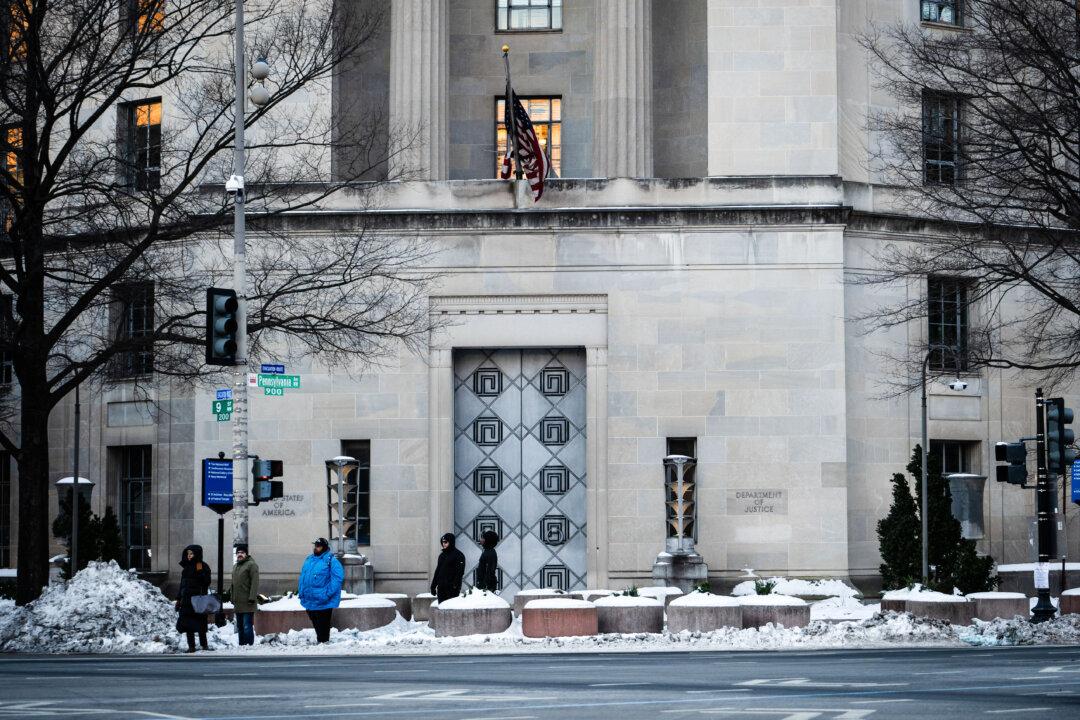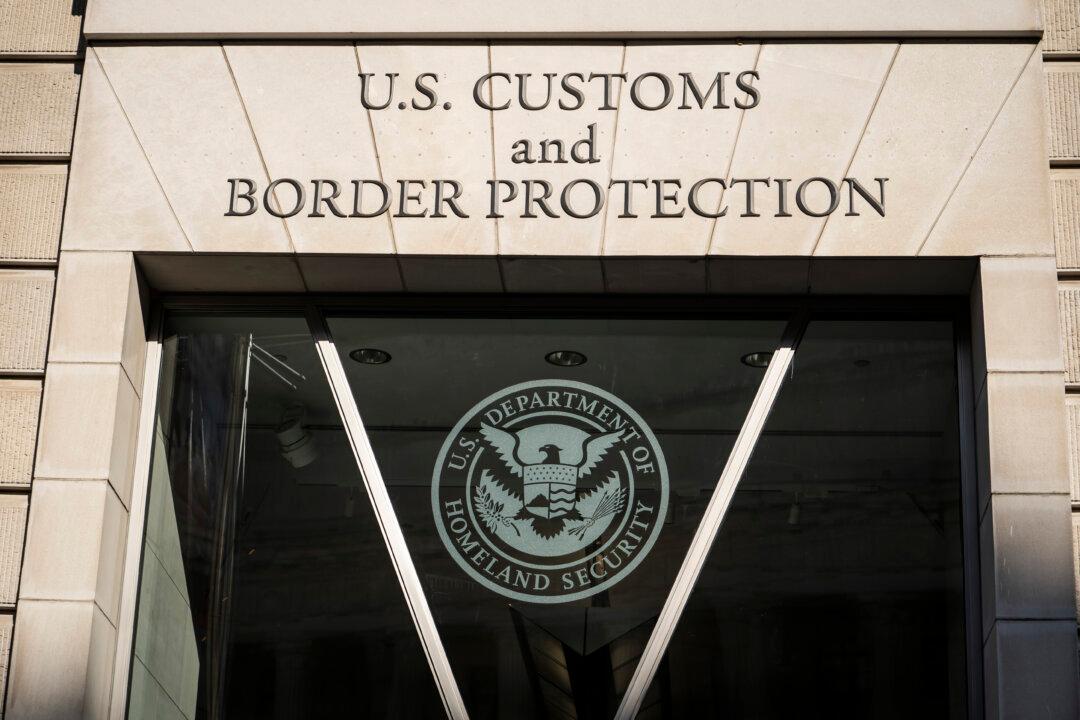The Chinese regime is waging political warfare against the United States, and U.S. policymakers need to recognize it for what it is, warns former deputy national security adviser Matthew Pottinger.
The regime’s different methods to achieve that strategy have been a “manifestation of political warfare,” Pottinger said, taking a cue from former U.S. diplomat George F. Kennan.
“That’s what China is doing,” Pottinger said.
Pottinger, who served under the Trump administration, is now a distinguished visiting fellow at Stanford University’s Hoover Institution.
China’s political warfare has several elements, the most crucial one being the “united front” work, which is headed by the Chinese Communist Party’s (CCP) United Front Work Department (UFWD), according to Pottinger.
“Instead of practicing diplomacy, the United Front gathers intelligence about and works to influence private citizens, as well as government officials overseas, with a focus on foreign elites and the organizations they run,” Pottinger said.

William Evanina, former director of the U.S. National Counterintelligence and Security Center, also warned about China’s UFWD at the hearing while commenting on China’s comprehensive threat to the United States.
A recent addition to China’s political warfare was its “exploitation of U.S. social media platforms,” according to Pottinger.
The online propaganda campaign is often aimed at either weakening people’s faith in democracy, exacerbating social tensions, or creating political instability.
The Chinese regime also considered collecting data on U.S. adults and their children as “fair game under Beijing’s rules of political warfare,” Pottinger said.
“The Party [CCP] now compiles dossiers on millions of foreign citizens around the world, using the material it gathers—to influence and target, and intimidate, reward, blackmail, flatter, humiliate, and ultimately divide and conquer,” Pottinger said.
“U.S. universities, maybe with help from the U.S. government, should also hand a second smartphone to every Chinese national who comes to study in our schools in the United States, so that they have a smartphone that is free from Chinese apps such as WeChat,” Pottinger recommended.
In summary, Evanina said the CCP constitutes “the most complex, pernicious, aggressive, and strategic threat our nation has ever faced.”
America will be very different in the future if the Chinese regime’s influence in the United States isn’t properly confronted, warned Sen. Marco Rubio (R-Fla.), Senate Intelligence Committee vice chairman, at the hearing.
“If we don’t wake up, and we don’t address this now, the America our children are going to inherit, very soon, could very well be one where the sanctimonious preachings of a genocidal communist tyranny will be the only thing that Americans will be allowed to hear or say about China,” Rubio said.





